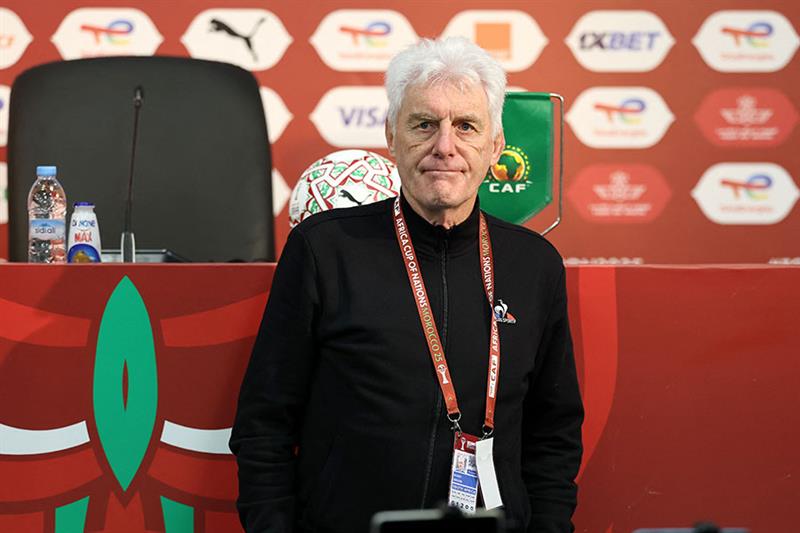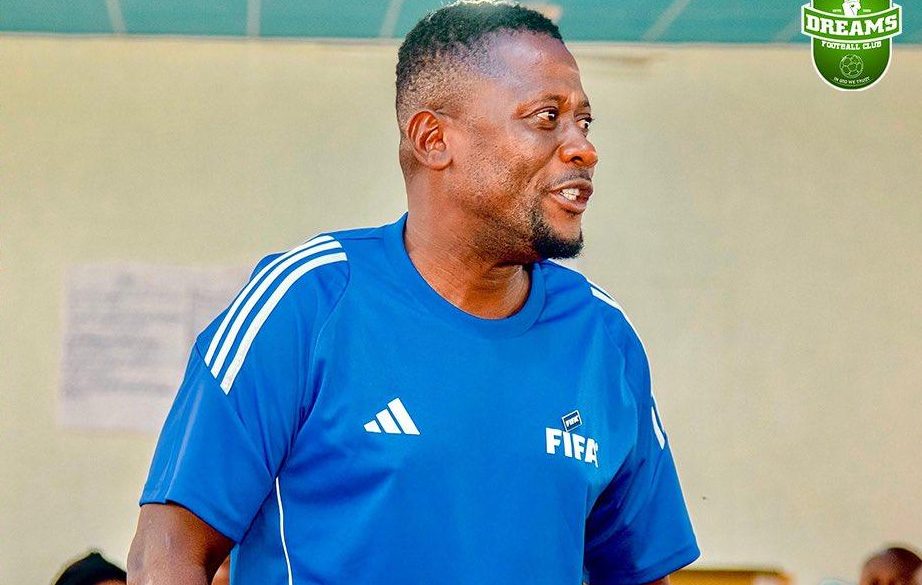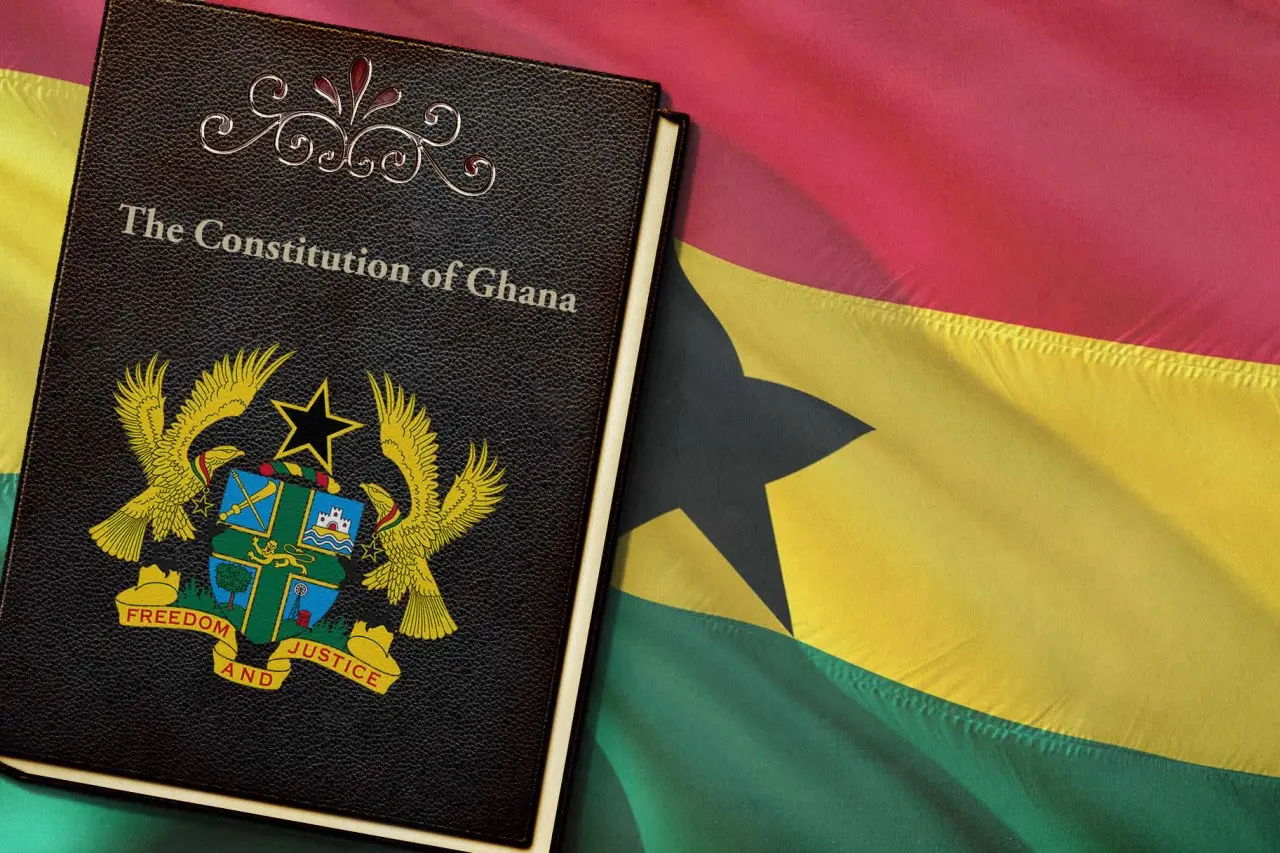
SEND Ghana, a policy research and advocacy civil society organisation (CSO), has raised serious concerns about the high number of out-of-school children and the current quality of education in the country, calling for a reevaluation of educational priorities for a balanced and comprehensive approach.
On the occasion of the sixth International Day for Education (IDE), SEND Ghana said a staggering 1,215,546 children between the school-going age of 4 to 17 years are not enrolled in school, describing it as an unembellished threat to the country’s economic development.
The number of children not in school was contained in the 2021 Population and Housing Census report, which also established that nearly one million out of these 1.2 million have never experienced any form of formal education due to lack of access.
The CSO highlighted the urgent need for action to address the situation. “Despite commendable strides in advancing education in Ghana, it is important to acknowledge and confront the challenges impacting both the access to and quality of education for children. By recognising these challenges, Ghana can work toward implementing targeted interventions that address specific needs, contributing to a more inclusive and effective education system,” it said.
SEND Ghana underscored the severe economic threat these shortfalls in the education system pose to human capital and skilled workforce development as well as general economic development.
Addressing these challenges, it said, is of utmost importance to ensure the development of a well-educated and skilled workforce, thereby fostering a more resilient and sustainable economy for Ghana.
Over-concentration on secondary education
SEND Ghana also described the government’s over-concentration on secondary education as worrying, urging that equal attention be given to basic education through adequate resource allocation.
Due to the over-concentration on secondary education, most basic schools across the country face challenges such as lack of reading materials, furniture and teachers. Also, approximately 4,000 primary schools are without Junior High School facilities and over 5,000 basic schools are sheltered under trees, sheds and dilapidated structures; thus, exacerbating the educational challenges faced by young learners.
To this end, SEND urged the Ministry of Education and other relevant government agencies to reevaluate their priorities in order to ensure quality education across all levels.
“We further want to draw the attention of the government to the over-concentration of efforts on senior secondary education at the expense of basic education. We call on the government to respond to collective calls from Parliament and civil society to address this critical situation by unlocking necessary resources through the expansion and uncapping of the GETFund,” it stated.
Budget allocation falls below standards
Again, SEND Ghana urged the government to invest in improving the learning environment for students.
It highlights that currently, budget allocation for the education sector falls below the recommended standard, with only GH?32.7billion – representing 14.5 percent of the projected total government expenditure of GH?226billion last year. The amount is lower than the 2023 sub-Saharan African average of 15.5 percent and falls below the UNESCO member-states commitment to allocate a minimum of 20 percent to education.
The low budget allocation, SEND warns, poses significant challenges to addressing the diverse needs of the sector, hindering initiatives aimed at enhancing quality and accessibility for all.
It added: “The government must take steps to reassess and increase budgetary allocation to education, aligning them with international benchmarks and ensuring that every child has access to quality education”.
The post Access, quality of education challenged – SEND Ghana appeared first on The Business & Financial Times.
Read Full Story










Facebook
Twitter
Pinterest
Instagram
Google+
YouTube
LinkedIn
RSS